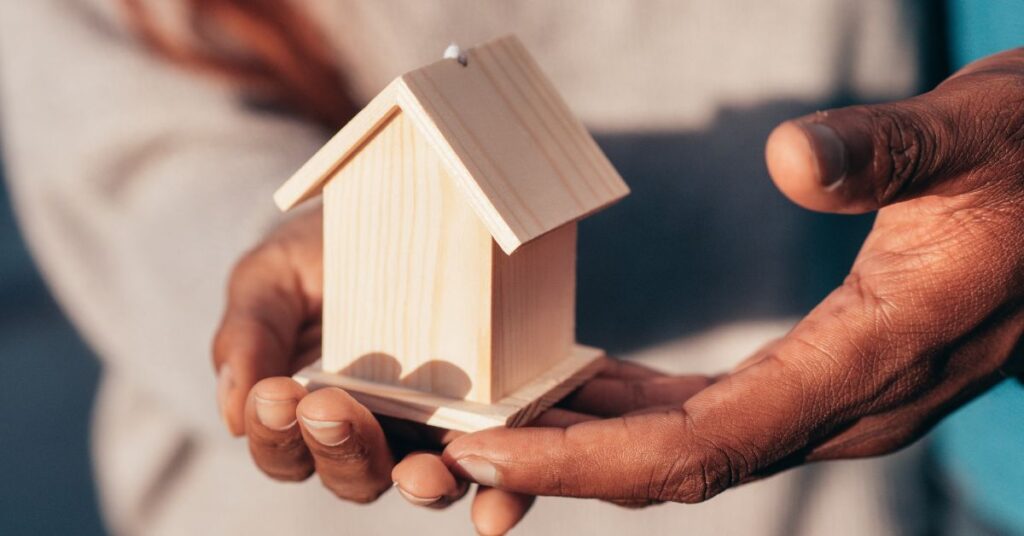Get Expert Financing
- Matched with investor-friendly lenders
- Fast pre-approvals-no W2s required
- Financing options fro rentals, BRRRR, STRs
- Scale your portfolio with confidence
Buying a home is one of the most unique decisions you’ll make. On the one hand, you have to have a home, and you’re probably renting one for more than what your mortgage payment would be. On the other hand, it’s probably going to be one of the biggest financial transactions you’ll ever make.
The second part probably creates more anxiety than it should. At the end of the day, you’re going to pay all of that money one way or another. So, it’s probably less about the money and more about your personal goals and circumstances.
Here are most important things to consider to determine if you’re ready to become a homeowner.
Buying a home requires three important things from your savings picture.
First, you need to have enough in savings to put a downpayment of at least 3.00-3.50% of the purchase price of your new home. For example, if you are looking to buy a $200,000 home then you will need to have $6,000 (or $7,000 for an FHA loan) saved up for a down payment.
Second, you will need to save up for your closing costs. As a rule of thumb, you can expect 1.00-1.50% of your purchase price in closing costs. So, if you are looking at that same $200,000, then you will need an additional $2,000-3,000.
Third, you will need to have some reserves saved up to cushion emergencies in your life. I recommend at least $2,000 and ideally up to three months of your monthly gross pay. This is simply good practice, whether you’re a renter or a homeowner.
Needing a 20% downpayment to buy a home is a common misperception. This is not necessary and in my experience rare.
If you have 20% to put down that’s great; you will avoid mortgage insurance, get some savings on your interest rate, the loan amount will be less, and therefore you will have a lower monthly payment. However, if you’re short of that 20% or that will plunder all of your savings and retirement funds, then I recommend just doing the minimum 3.00% of 3.50% for FHA. This is my common recommendation because up until you hit that magical 20% there is not much savings compared to locking up all of that money; your budget takes away a lot of your safety net. I would rather see that money in savings to give you a little margin for life’s unexpected turns.
From a very rational and economic basis, that extra money above 3.00% and below 20.00% is also only yielding a fixed ~4.25% (current average 30-year fixed rate) for the next 30 years, whereas an average mutual fund or ETF investment in stocks and bonds should yield a conservative 8%, on a compounding basis.
Unlike the stock market or other alternative investments, there’s not a lot of volatility in mortgage rates. Consequently, the notion that you can “time the market” or even shop for a “killer rate” is a little bit of a misconception.
Mortgage rates, using the simplest of explanations, are set by a combination of the market yield on mortgage-backed securities and the cost of funds that banks are lending to homeowners. Therefore, these rates, particularly for longer-term loans, like the typical 30-year fixed rate, move relatively slowly.
Since they are set by the market, there is very little difference in mortgage rates from one lender to another. The biggest variance in mortgage rates from person to person is entirely based on their credit profile and whether they opt to buy up or down the rate to manage their closing costs.
Consequently, unless you are thinking about waiting years or there is some major financial boom or bust your mortgage rate is not likely to vary more than 1.00% in any given six month period.
Here is a graph showing the last six months, with less than a 0.50% difference in the high and low. On a $200,000 loan that is about $54/month difference in payment.
Here’s a graph to demonstrate this over the last five years. Again, although a bigger spread, at 1.25%, it still isn’t too dramatic.
One final note on timing the market, and probably the most significant, because this transaction is so illiquid–impacted by housing inventory, pricing, and preference as well as a transaction that takes an average of 30 days or more to close–it can be very difficult to precisely hit the “right time.”
In my opinion, the ideal factors to consider when determining the right time to buy include the following:
Questions? Comments? Talk to me on Twitter @billrice and please include a link to this article for my reference.
Our advice is based on experience in the mortgage industry and we are dedicated to helping you achieve your goal of owning a home. We may receive compensation from partner banks when you view mortgage rates listed on our website.

